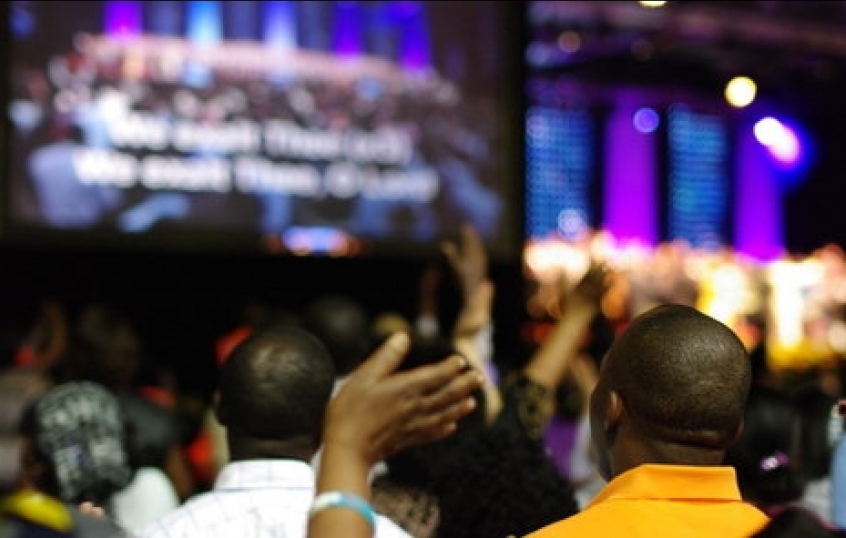
London's Southwark area has seen a huge surge in the number of new churches, particularly black majority churches (BMCs).
Many of the new BMCs in the south London borough are Pentecostal with a largely Caribbean or African membership.
That is according to new research published by the University of Roehampton, which also found that there are an estimated 20,000 people gathering to worship in around 240 different churches across Southwark each week.
The University of Roehampton warned in its Being Built Together report, however, that despite the popularity of church attendance in Southwark, there is a "severe lack of suitable premises for worship" within the borough.
New churches are "frequently" unable to secure premises which fit the local authority's definition of a suitable worship place.
This can result in churches meeting in inappropriate settings such as industrial buildings without the necessary change of use planning permission, the report said.
Sometimes the new churches can find themselves at odds with the local planning authority and their neighbours.
In its recommendations, the report calls upon the Greater London Authority to address the issue of church premises and planning for faith groups at a regional level, saying that its current guidance is "inadequate".
The report notes that Southwark Council has tried to be flexible in its approach to the issue of faith premises but adds that the council needs to be mindful of the problems that exist in areas where there are already a significant number of new BMCs next to businesses or in residential areas.
New BMCs are also recommended to build closer ties with their neighbourhoods and show how much good they do in the community.
The report says that new largely African BMCs sometimes receive a hostile reception from their communities because they are perceived as "not being from around here".
Dr Andrew Rogers, author of the report, said: "The new black majority churches are a gift to the church and the city of London. They have much to offer the communities in which they operate and provide a safe haven and social hub for the members of their congregations.
"But the pressing issue of finding suitable places in which they can worship can put them at loggerheads with planning committees and the local communities in which they are based.
"The situation in London is not unique, though it is perhaps at its most intense in Southwark. We hope that by highlighting the problems that they face, the borough of Southwark and on a regional scale, the GLA , the new black-majority churches, and the church as a whole will take on board our report's recommendations to work towards finding innovative and lasting solutions to address these issues. "
Fran Beckett, chief executive of Transform Southwark, one of the university's strategic partners in the Being Built Together project, said: "There has been a rapid growth in the number of new black majority churches in the borough of Southwark over the last couple of decades. With that, the issues of finding suitable places for worship and the attendant problems of securing planning permissions for 'change of use' on property has become more acute."
Pastor Lincoln Serwanga, from Liberty Christian Fellowship in Camberwell, welcomed the report's recommendations.
"The Being Built Together project has enabled all the various churches to come together and have a meaningful conversation about how we can exist and worship, both together and side by side," he said.
"We all – new churches and old - need to learn from each other and acknowledge our mutual strengths and weaknesses.
"The report should help us to develop plans for working together to build God's church in a lasting and harmonious way."



